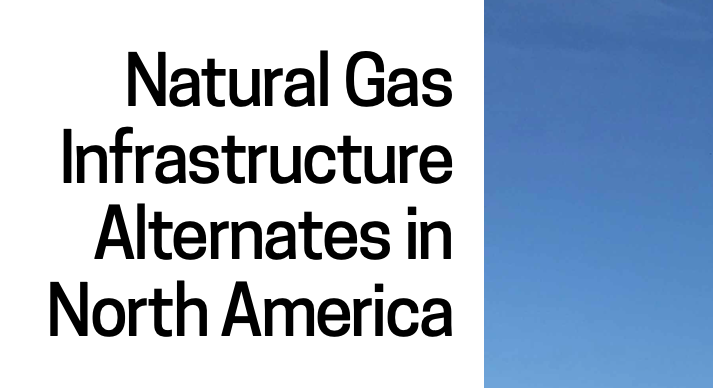The natural gas delivery infrastructure is constantly operating at maximum capacity in many places across the United States. As our rural areas develop, our cities expand, and our need for clean, low-cost energy increases, our infrastructure cannot keep up.
sam thigpen – sapphire gas solutions
By Sam Thigpen – CEO, Sapphire Gas Solutions
Lagging infrastructure is a reality across our country, and natural gas consumers should know there is an alternative. Mobile pipeline solutions have been providing reliable gas delivery for decades and are growing in effectiveness for many utilities around the country.
In the northeast, gas utility companies utilize compressed natural gas to deliver supplemental gas supply to residential and industrial end-users on Long Island and other parts of the New York metropolitan region.
Recommended Article: ESG reporting template tailored for midstream companies
In the southeast, municipalities utilize both liquified and compressed natural gas to grow the local end-user customer base to justify the capital for constructing permanent gas pipeline infrastructure. Additionally, mining operations have found the delivery of compressed and liquid natural gas to their remote operations feasible where, traditionally, only diesel or propane was available. This new path reduces emissions while providing fuel pricing stability.
The list of uses for mobile and off-pipe solutions is endless. The support, or replacement, of the natural gas pipeline infrastructure, will be a critical piece of the puzzle in managing the ever-growing energy needs of our country. With recent articles forecasting the end of the gas pipeline construction boom, there is no better way to keep up with an expanding customer base than virtual pipeline solutions. These solutions not only solve problems, but they open the door to expanded use of clean fuels and help lower emissions.
In recent years, mobile equipment technology has improved to the point where transporting compressed natural gas (CNG), liquified natural gas (LNG), and Hydrogen is more efficient than ever before. Larger volume transports, more automated control systems, and enhanced safety features make this solution a genuine alternative to traditional pipeline construction.
Residential and industrial customers utilizing propane are already familiar with the benefits of fuel delivery by truck. It has been a long-standing and accepted practice of delivering fuels. By expanding this methodology, end users can now select safer fuels with lower emissions, reduced carbon footprint, lower and more stable pricing such as CNG, LNG, or Hydrogen.
Being lighter than air, all three of the fuels mentioned above provide a safer alternative to heavy, dirtier fuels such as diesel, propane, and waste oils. There is little to no potential for spills or ground contamination, and the risk is fire or explosion is testing. Additionally, today’s robust production of CNG, LNG, and Hydrogen provides a stable fuel supply on which end users can depend for their uninterruptible energy needs.
More and more end-users and natural gas suppliers realize this mobile and off-pipe solutions-based approach can reliably enhance their energy resiliency planning. The ability to provide the primary fuel supply for large-scale needs without the need for pipeline infrastructure opens opportunities once thought to be unattainable.
Although there is a general industry understand- ing that off-pipe and mobile energy supply can be more costly than traditional infrastructure, there are many cases where those increased costs are still reasonable compared to downtime and the inability to expand. Additionally, many industrial end-users may choose mobile, and off-pipe solutions for resiliency pricing constraints as the CapEx required to build back up or redundant energy supply infrastructure can be enormous.


